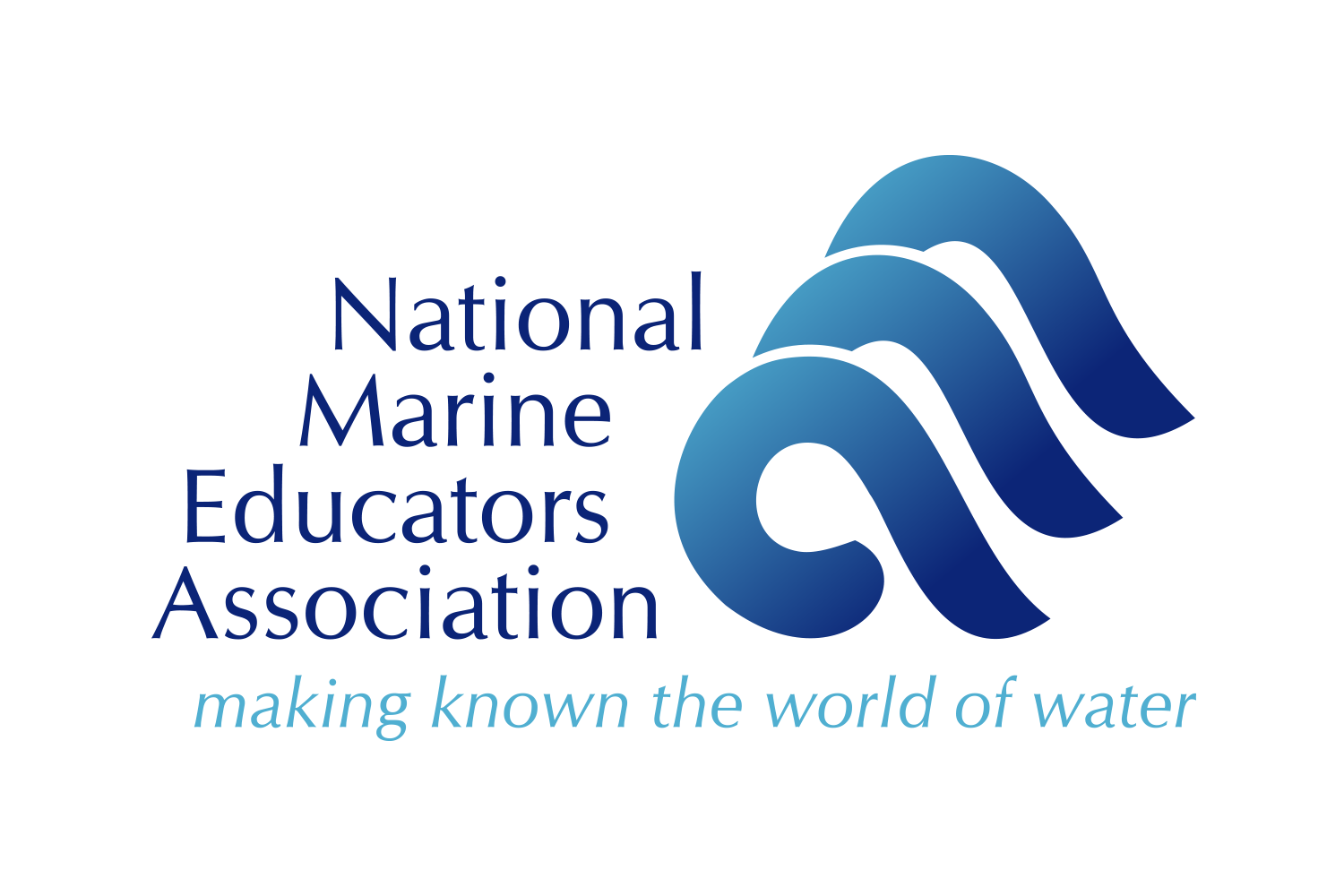Empowering local communities through education - Yolanda Sánchez
Yolanda Sánchez
Education Coordinator
Oceana Chile and Expedición Batiscafo
Santiago de Chile
Winner of the 2019 Expanding Audiences Scholarship
I decided to dedicate my life to marine science because of what’s called serendipity, without knowing many things about the ocean. Just a few months after I started my degree, a teacher showed me a larva of a crab (an Uca tangeri zoea). This encounter made a huge impact on my life. Understanding how that little animal travels in the vast ocean to find its place, made me admire the unknown underwater world, and I plunged into all its curiosities to share them with everyone! I discovered that I loved to see their surprised faces listening about ocean facts...and that's how I started my career as a marine educator.
Education program "Haka Rori Vaikava" in Easter Island.
During 2012, I worked in an aquarium in Germany and in 2013, I moved to Chile to develop a marine conservation education program associated with a marine research center, where we created a small aquarium to educate students and families in a marine protected area. During my time coordinating this project, we wrote the first marine book developed for Chilean students, developed a “responsible seafood use” project and designed a marine teacher program, creating the Oceanic Teachers Network in Chile. One of the most amazing things that I did during those years was to collaborate on a project for marine conservation in Easter Island, called Haka Rori Vaikava, creating an educational program for students' leadership, encouraging them to be marine educators for their community, and empowering them in marine conservation.
The opportunity to create educational projects and to have time to motivate people to take care of the oceans is so special and I wanted to do it as well as I could, so I decided to do a Master in Science Education. That helped me to improve my skills in how to communicate science ideas and I had the opportunity to implement all the new tools that I learned (misconceptions, inquiry-based learning, contextualized education, teaching-learning cycles, nature of science, etc.) in a formal and informal context, designing, improving and evaluating all those activities. Thanks to studying and researching, I realized and demonstrated that adequate educational tools can make big changes in people's behaviors.
Since 2017, I have been working at the NGO Oceana Chile, also supporting marine conservation programs in fascinating places as Caleta Tortel, Pisagua and Archipiélago Juan Fernández. I have been focused on empowering local communities through education. Some examples of these efforts include the Centinelas del Océano, a group of young marine educators in Juan Fernández empowered to teach their community, and the marine biodiversity book from Caleta Tortel, made by the students.
Centinelas del Océano sharing knowledge with their community in Juan Fernández.
Contextualized workshops for leadership students and self-evaluation about ocean literacy.
Some of these projects were located in isolated regions from Chile and social and economically disadvantaged areas, and others in National Museums and International Science Conferences. Those experiences have given me the opportunity to learn in situ about the marine education process and the necessity of the multidisciplinary approach to reach goals in this area, improving and innovating strategies depending on the audience.
During the last summer, thanks to the NMEA Expanding Audiences Scholarship, I had the amazing chance of share all of that knowledge and experience with the marine educator community in the USA, at the same time that I learned a lot about other experiences during the NMEA conference. I am really grateful to have had the opportunity to attend the conference for the first time (after 5 years trying it) and to represent Latin America. This experience inspired me to create RELATO (Red de Educación Latinoamericana por el Océano) to unify the Latin American educators to work together to spread our enthusiasm for taking care of the oceans and share experiences to improve our practices.
Sometimes...traditional tools don't work for engaging students in marine conservation through science education.
In my opinion, education is essential for marine conservation, but we have to do it in the right way. People want and need to know their environmental context, their threats, their impacts, etc., but they also want to understand what can they do to protect it. So it is not enough anymore just to share information, we also need to give tools to the learners so they can make responsible decisions through knowledge and understanding about how to develop a culture where we can use the ocean benefits while we take care of it. Community empowerment is only achieved with education and love; diving into the culture and finding the best marine educational tools to bring each person closer to the ocean so more people will fall in love with the ocean—as happened to me with the unexpected zoea—and they will join us to conserve the ocean´s wonders!
Yolanda is the Education Coordinator for Oceana Chile and Expedición Batiscafo in Santiago de Chile and supports marine conservation campaigns through education programs.

